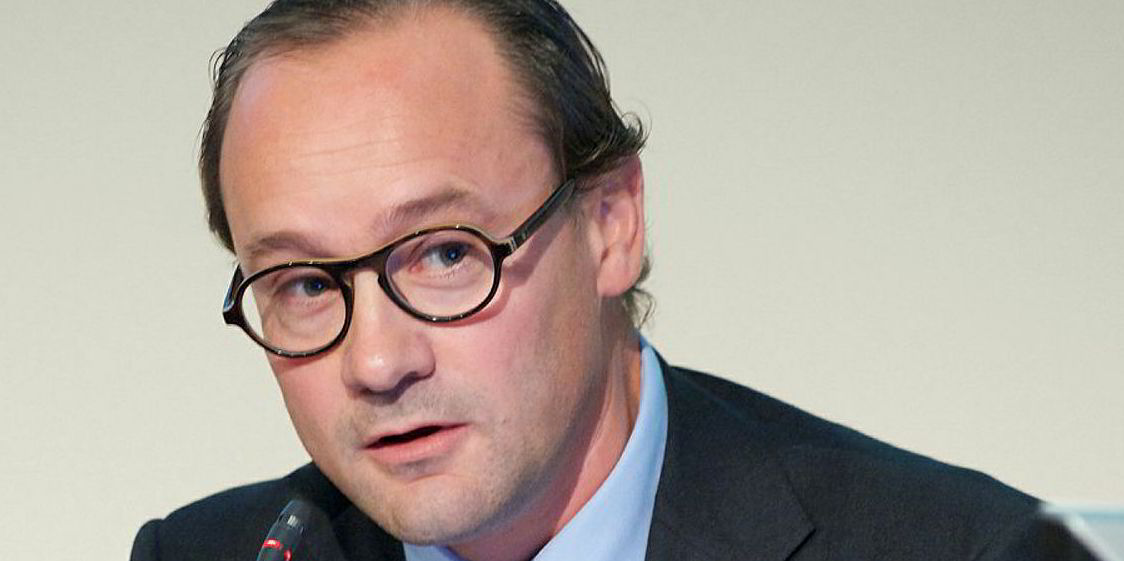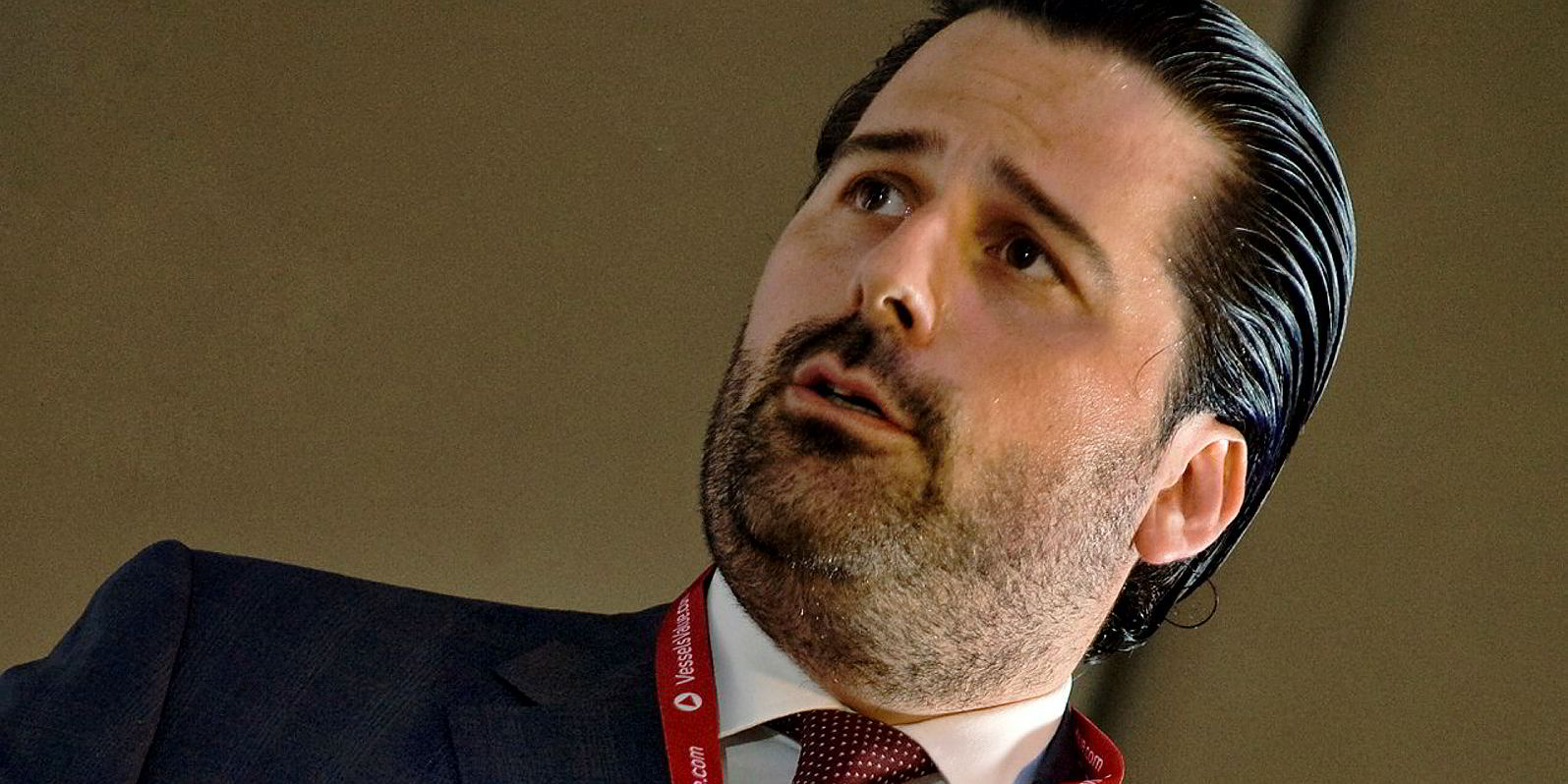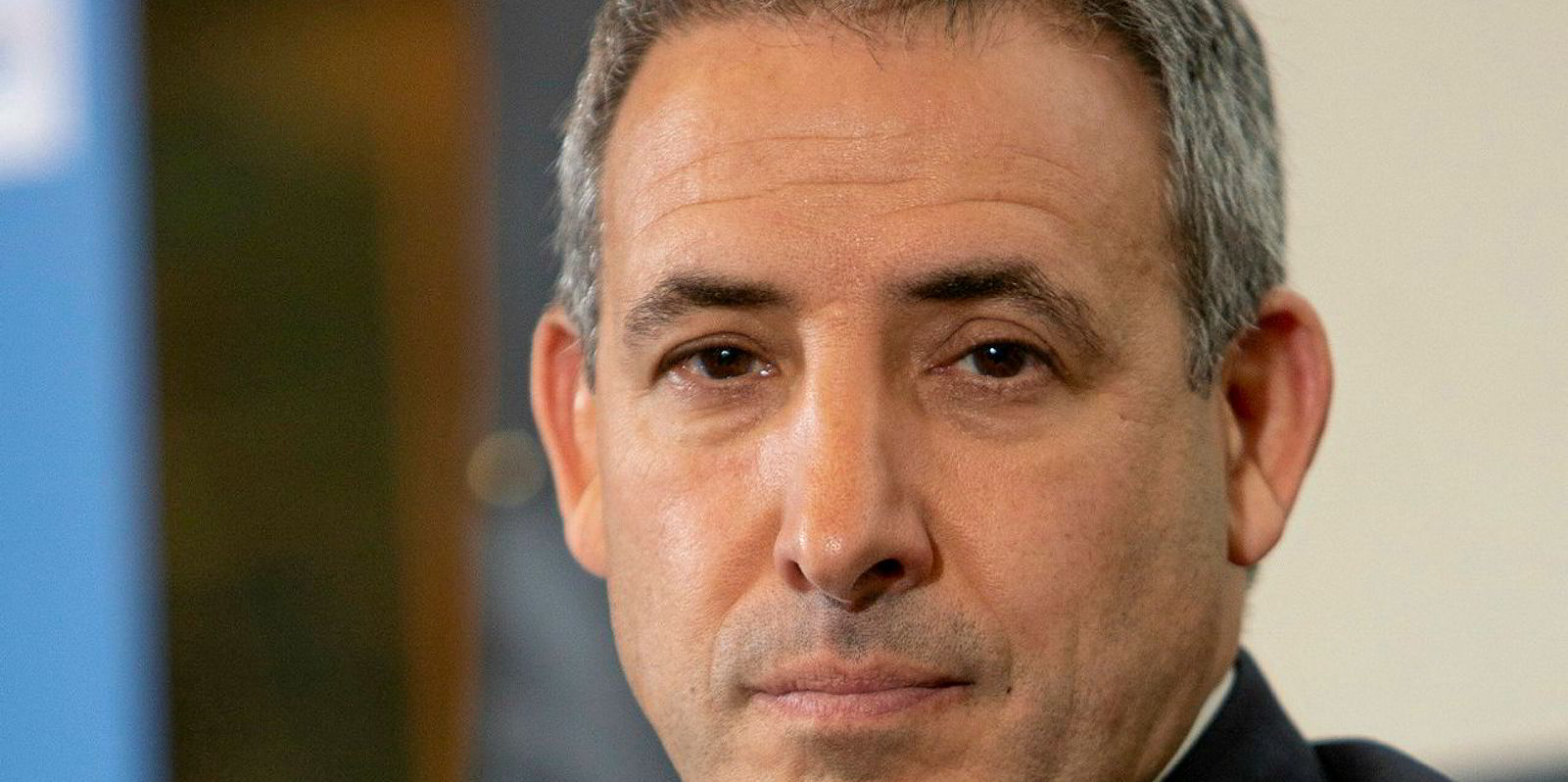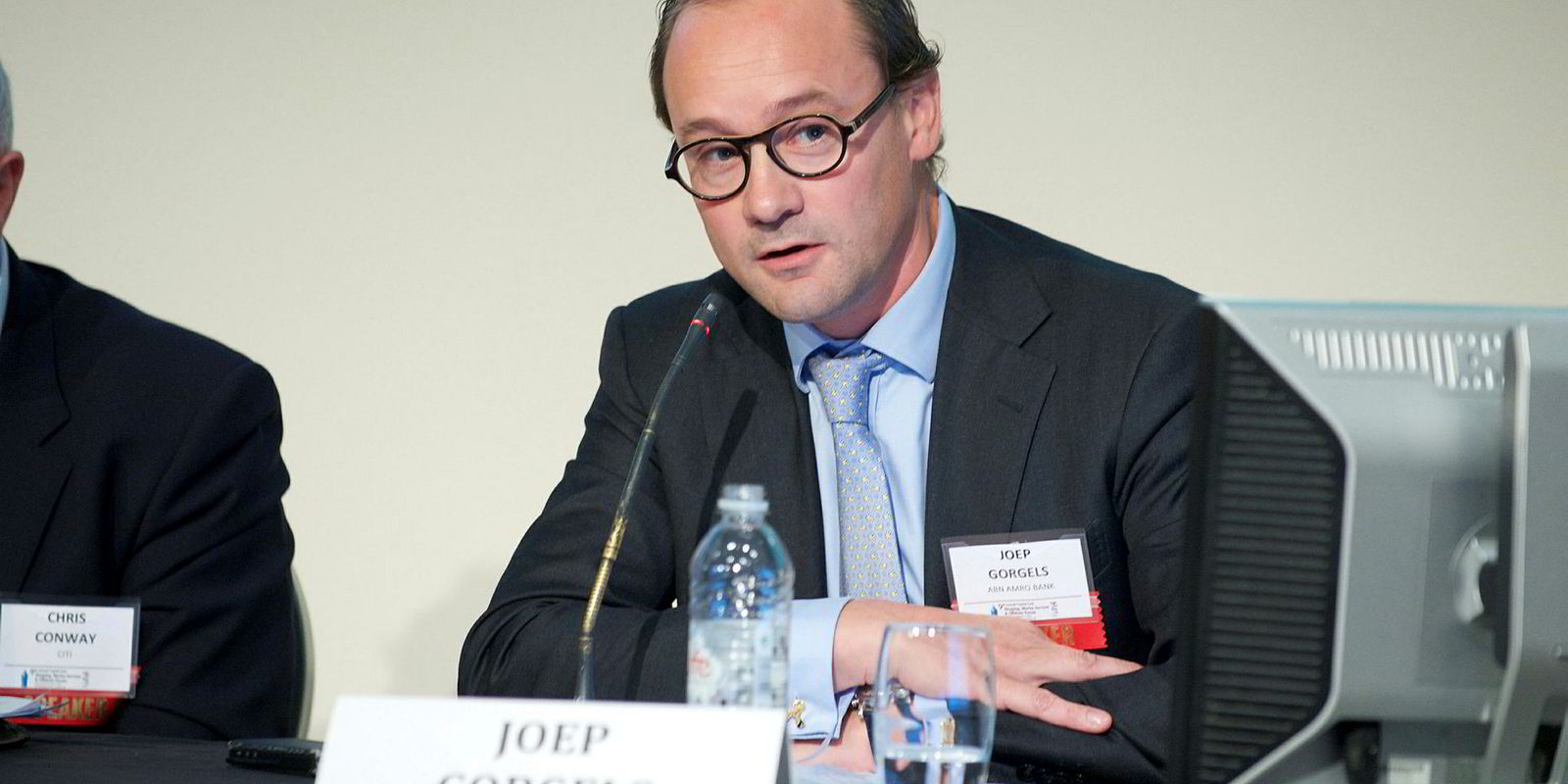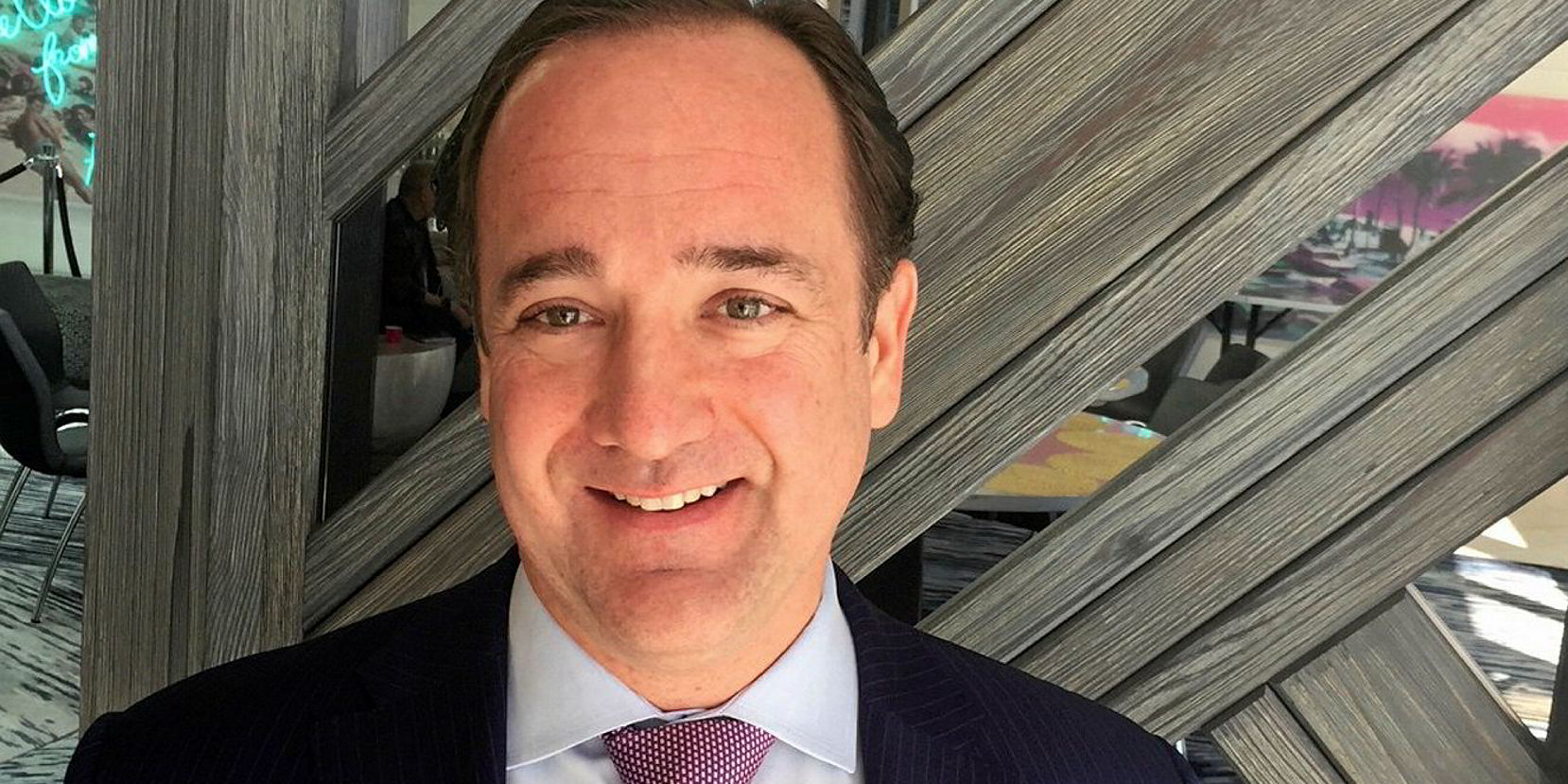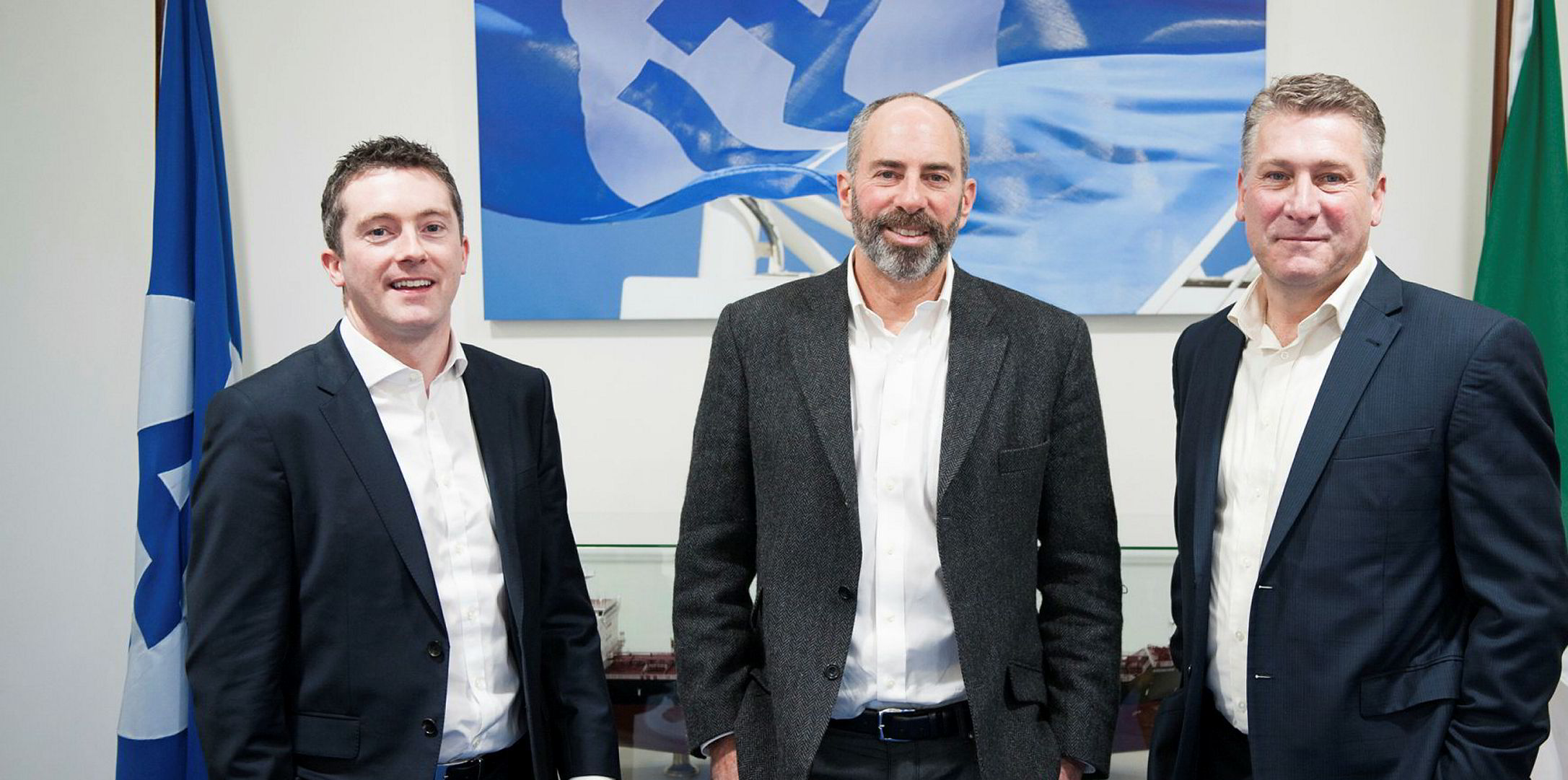A retrenchment by ABN Amro to its core markets has sent ripples through non-European shipowners already facing a long-term decline in financing options.
The Dutch bank is expected to close its offices in New York and Singapore and confine ship lending to European owners, according to a presentation last week by bank executives and other sources familiar with the plans.
The cuts are likely to reduce the reach of a lender that has been one of shipping’s most aggressive and influential over the past decade.
US-based executives told TradeWinds they anticipate no problem with existing credit facilities, which are likely to be managed from Europe once the New York cuts hit.
But any new lending appears to be out of reach, at least from first signals in a strategic plan that is to be updated in November.
'Shrinking pool'
“It continues the trend of shrinking the pool of available bank capital,” one senior manager said.
“They have been one of the most active, aggressive and innovative lenders in the sector. They were at the forefront of things like sustainability provisions. They will be missed.”
ABN Amro shipping chief Joep Gorgels essentially confirmed the scenario, telling TradeWinds in an email message that Europe-based clients will be served from offices in Amsterdam, Oslo and Athens.
"We will no longer onboard new shipping and intermodal clients out of our New York and Singapore offices," he said.
Existing clients "will continue to be managed out of our New York and Singapore offices until an orderly wind-down of the credit lending portfolio is achieved."
Among the US-based owners with ABN Amro as part of their lending group are names such as Genco Shipping & Trading, Eagle Bulk Shipping, Diamond S Shipping, International Seaways, Scorpio Bulkers and Scorpio Tankers.
However, the Scorpio companies are also based in Monaco and may be examples of owners who could still be part of new business.
ABN Amro also has provided financing to the Teekay family of companies based in Vancouver.
As it announced a $5.9m second-quarter earnings loss last week, ABN Amro said it would cut its investment bank by about 33% and close down lending outside Europe.
It will turn away from commodity and trade financing completely while cutting up to 800 jobs over three to four years.
The New York office is said to employ about 200, including the shipping and transport team.
"We won't have the same people to talk to in New York — we'll be fine but I feel badly for that team, which is of really high quality," one owner said.
Reversing losses
The measures seek to reverse losses brought on by the pandemic.
“For natural resources, transport, and logistics, we will continue to serve our European clients, but will wind down activities further afield,” chief executive Robert Swaak said in the quarterly report.
While even sources inside the bank say there remains some confusion about the shipping implications, shipowners based outside Europe have taken note and are preparing for an eventual exit.
“Whenever there is a Black Swan event like coronavirus or the Great Recession a decade ago, it tends to accelerate trends that were already there,” one public company executive said.
“While there may have been a blip up in the last year or so, ship finance generally has been contracting and this furthers the trend. It also emphasises the status of the haves and have-nots.
“If you’re a well-capitalised company, a public company, I don’t think you’re panicking about this. You still have abundant bank resources. But if you’re a company on the margins, this is definitely not good.”
A veteran ship finance player agreed.
“It’s a mixed message, but it sounds like they are significantly reducing their shipping footprint and have an undisclosed, small list of clients they will support going forward while withdrawing from the majority, very much in line DNB’s new client focus,” he said.
“Expect their ship financing activity to be curtailed significantly, but they will not be violently kicking clients out the door. They just won’t be supportive for new business.
“Looks like another one bites the dust,” he said.
